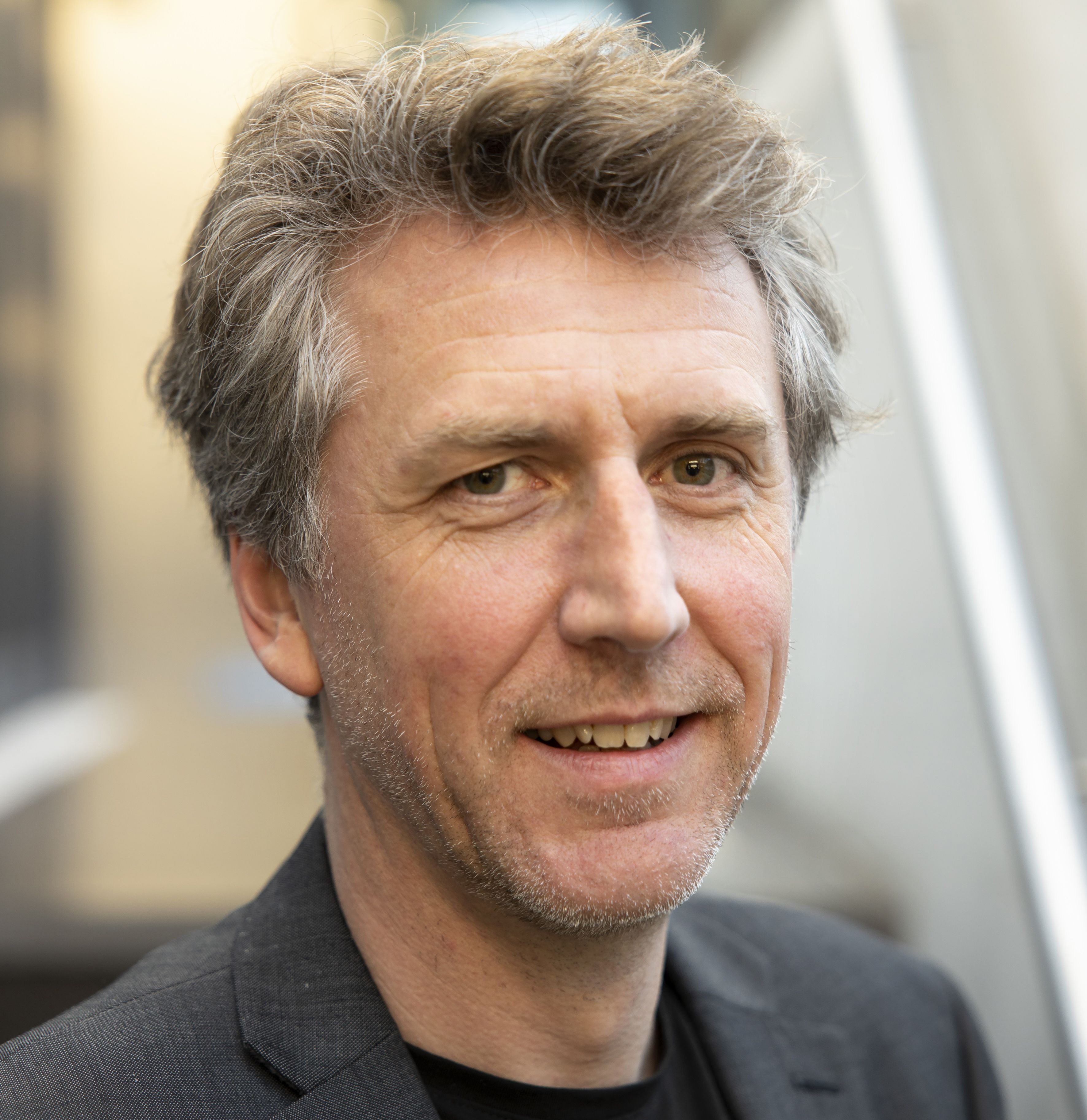European Commissioners Šefčovič (Vice President) and Breton (Internal Market) have joined forces in a new strategy to reduce Europe's dependence on material imports. To reinforce this strategy, the European Raw Materials Alliance has been set up, a large alliance of more than 100 companies that want to invest together in new industry for Europe.
The alliance was officially launched on 29 September. Last year, a similar Battery Alliance was established to ensure that we can produce our own batteries to drive electric cars. But now, we are coming to the conclusion that the materials to make those batteries must (also) all come from outside Europe, as was the case with face masks 3 months ago. Whatever is possible for face masks must also be possible for cobalt and lithium, they must have thought. These materials are also found in the European underground (in Portugal, Poland or Sweden). But a mine costs more than a face mask factory and it takes longer to open it. And didn't last month's Green Deal promise that we'd be at the forefront of the circular economy?
Back to where we started: climate change and the need for low-emission technology such as solar panels, wind turbines, electric cars. The World Bank calculated that in a 2°C scenario, the production of graphite, lithium and cobalt – which we need for batteries – will have to increase more than fourfold by 2050 compared to 2018, in order to meet our energy storage needs.[1] In a recent study for OVAM, we came to similar conclusions with VITO.[2] Only if we use electric cars in sharing systems, we will be able to sufficiently limit our climate and material impacts. That is, if we start from the current battery technology. This immediately provides the background for Tesla's intention to develop cobalt-free batteries, for example, as they announced extensively lately.
But aluminium and copper also require more than tripling of the production. The same World Bank study calculates that recycled aluminium can 'only' cover 61% of demand by 2050, and that's only if all end-of-life cars are recycled. Recycling can therefore make an important contribution to rising demand, but primary production remains necessary. This is the signal for the European mining industry to (re)open mines in Europe. But that's like digging even deeper into the hole we're already in.
The European Commission is aiming for a budget of 30 billion euros to invest in this Raw Materials Alliance. Money that must come from its own budget, Member States and industry. Mining has always been a capital-intensive activity. This is because large quantities of material have to be processed to generate a limited yield of metals. But 30 billion is also a lot of money. It should be possible to divide this among different activities. The Global Alliance Against Plastic Waste, which aims to make a global difference to plastic waste in the oceans, is working with 1.5 billion. Investment budgets in new facilities in the recycling sector are typically on the order of €50-150 million. Leading companies in the circular economy, such as Fairphone or Circularise, have scaled up their activities thanks to subsidies from EIT RawMaterials of several hundred thousand euros. With 5 billion out of 30, the circular economy could get a huge boost.
The current ERMA strategy has too one-sided a focus on restarting mining in Europe and still works too much from a growth perspective. They need more material, from deeper and deeper pits. But 'flattening the curve' can be a goal in this sector too, by devoting some attention and money to dematerialisation, doing more with less material. This can be done by focusing on circular business concepts: selling services instead of products, leasing, sharing economy, recovery, reuse. These concepts are supported by digital technology: the Internet of Things, sensors, big data, apps and artificial intelligence. The pleasure of shared car use is mainly determined by the quality of the app and the ease of finding the car. In this way, the digital experience becomes just as important as the car itself. Scaling up these circular systems thus creates a need for investment in digital technology. In itself, it is also an important pillar of European policy.
Europe must have the confidence to rethink its growth model. The European Raw Materials Alliance's plans target industrial development, with a focus on mining. Little is said about less consumption and more circularity. That element must be included in the investment package. If we simply switch to electric cars and do not reduce our demand for individual mobility, or resolutely opt for a car-sharing system, the climate targets will not be met and the hunger for raw materials will only continue to grow.
Mol, 25 September 2020
[1] World Bank, 2020, Minerals for Climate Action: the minerals intensity of the clean energy transition, via http://pubdocs.worldbank.org/en/961711588875536384/Minerals-for-Climate-Action-The-Mineral-Intensity-of-the-Clean-Energy-Transition.pdf
[2] OVAM, 2020, Toekomstscenario’s van het Vlaamse Voertuigenpark: effecten op klimaat en metaalvoorraden, via https://www.ovam.be/sites/default/files/atoms/files/Rapport%20Toekomstscenario%20s%20van%20het%20Vlaams%20voertuigenpark%20-%20Effecten%20op%20klimaat%20en%20metaalvoorraden_0.pdf

